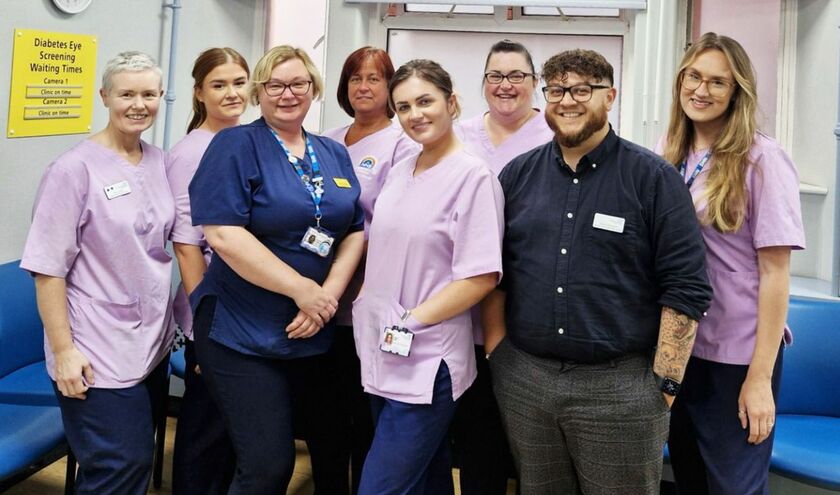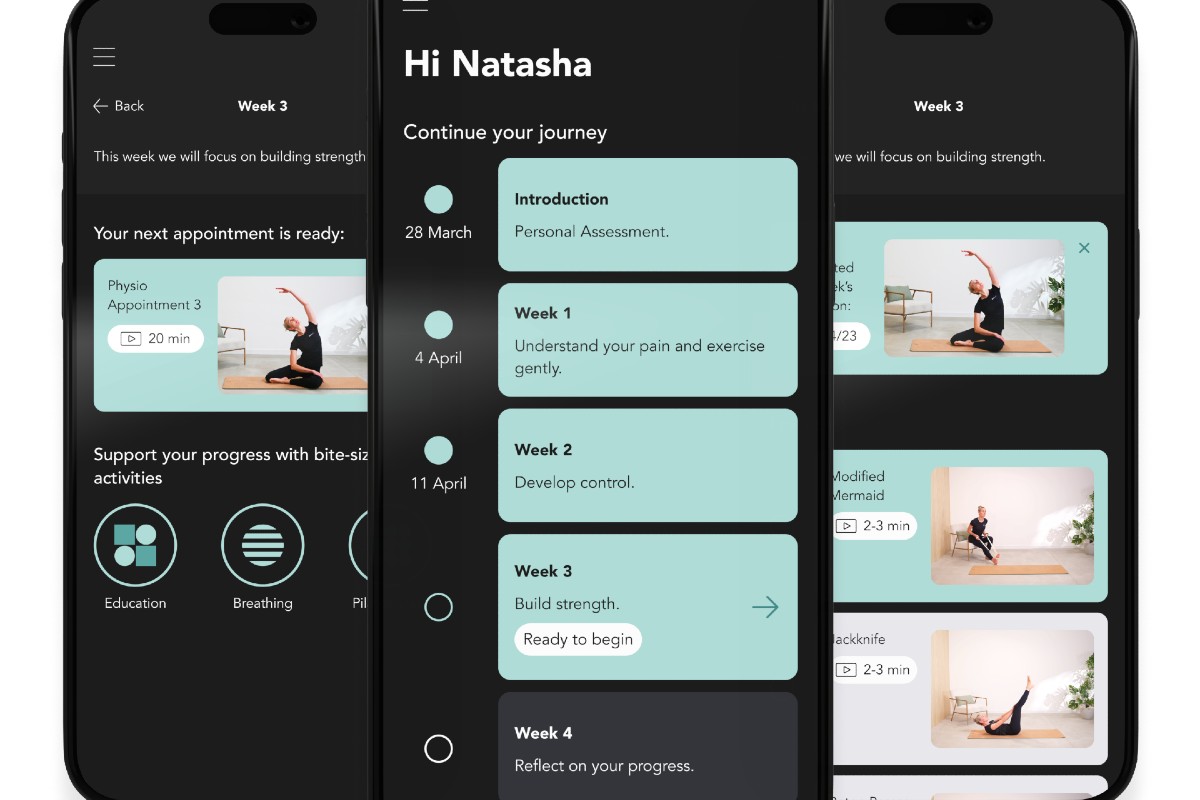Led by the Doncaster and Bassetlaw Diabetic Eye Screening Programme, the initiative focused on a group of patients who had not attended screening for three years or more.
Jemima Beaumont, failsafe and engagement lead, said: ‘We know that deprivation, language barriers and other social factors can significantly impact a patient's ability to access screening services. This work is about breaking down those barriers – making sure we reach the people who need us most, and doing so in a way that supports them. Addressing health inequalities isn't just a priority – it's a responsibility.'
As a result of the project, 40 patients who had previously missed multiple appointments were successfully screened. Of those, 42% were diagnosed with background diabetic retinopathy, 5% showed signs requiring closer monitoring and a further 2% were referred to the hospital's Ophthalmology Department for urgent review.
The programme forms part of a wider commitment by Doncaster and Bassetlaw Teaching Hospitals (DBTH) to reduce health inequalities and ensure fair access to high-quality care for all.
Dr Kelly MacKenzie, consultant in Public Health at DBTH, said: ‘This project is a clear example of the kind of targeted, community-focused work we want to see more of. It shows how data and relationships can drive real change – helping us deliver on our ambition to ensure that no one is left behind when it comes to accessing care.'



